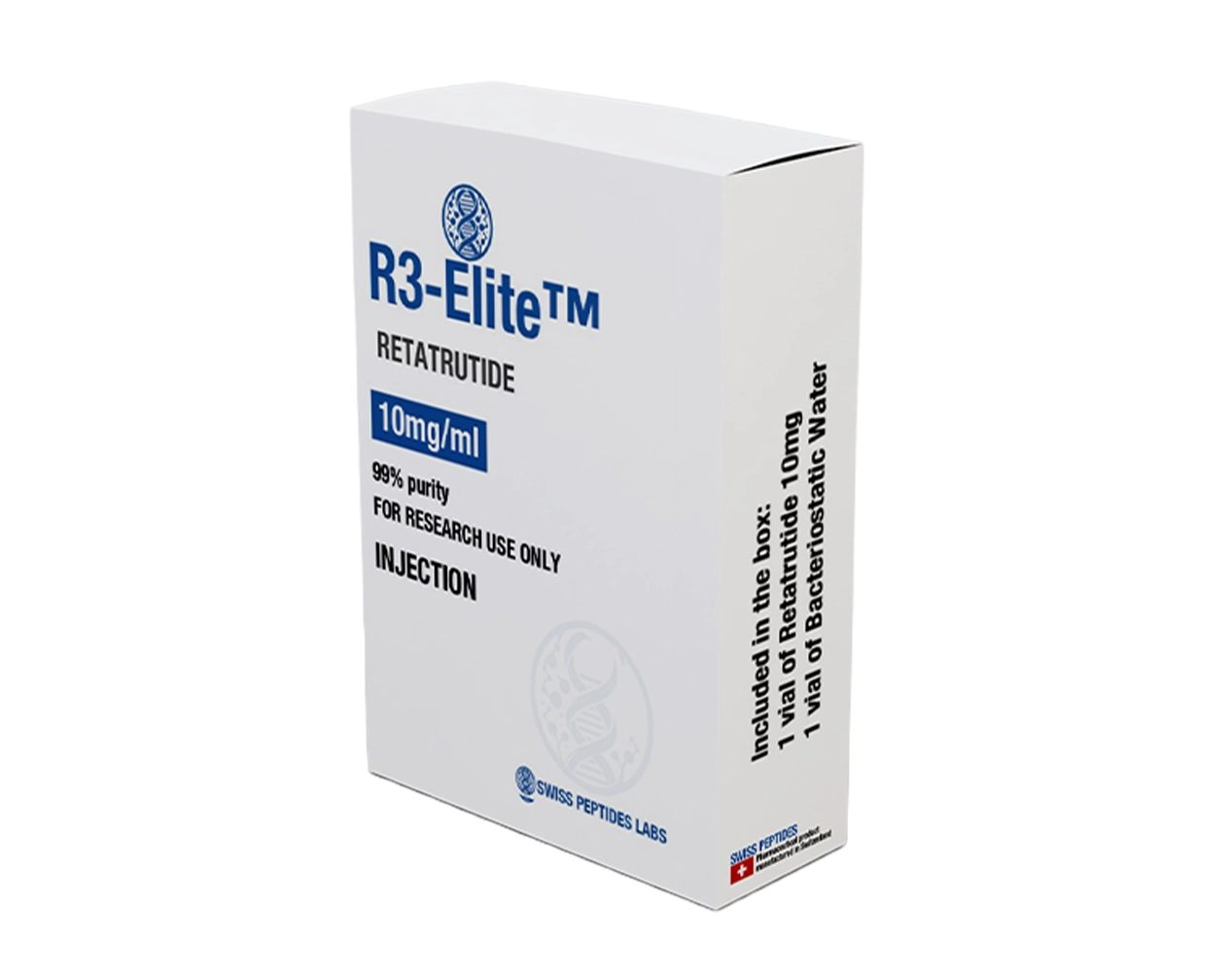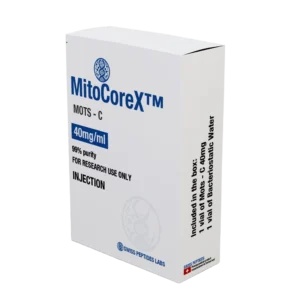Description
Retatrutide is a next-generation synthetic peptide of great interest in the study of metabolic control and obesity. Chemically, it is a triple agonist that acts on the receptors for GLP-1, GIP, and glucagon (GCG), allowing for the exploration of unprecedented metabolic regulation.
Benefits
- Induces significant weight loss in study models.
- Drastically improves blood sugar control.
- Reduces appetite and increases the feeling of satiety.
- Increases energy expenditure (calorie burning).
- Reduces hepatic fat (fatty liver).
- Improves cholesterol and triglyceride levels.
- Lowers blood pressure.
- Enhances insulin sensitivity.
- Potential for treating metabolic syndrome.
- Its triple action offers a comprehensive approach to metabolic health.
Scientific Areas of Study The primary goal of studying Retatrutide is to decipher the synergistic potential of simultaneously activating three key metabolic pathways:
- Investigation of Multi-Receptor Glycemic Control: Allows for the study of the combined effect of insulin secretion (via GLP-1/GIP) and increased energy expenditure (via glucagon).
- Study of Appetite Suppression and Energy Expenditure: Allows for the analysis of a potent weight-reduction mechanism that combines appetite suppression with a potential increase in thermogenesis.
- Analysis of Lipid Metabolism and Hepatic Fat: It is a unique tool for studying how to reduce fat accumulation in the liver while improving overall metabolic control.
Research Conclusion The Retatrutide peptide represents the forefront of metabolic research. Its triple-agonist profile positions it as an unparalleled molecule for studying obesity and type 2 diabetes with unprecedented depth. Its use is strictly limited to controlled laboratory environments to advance scientific knowledge.








Reviews
There are no reviews yet.